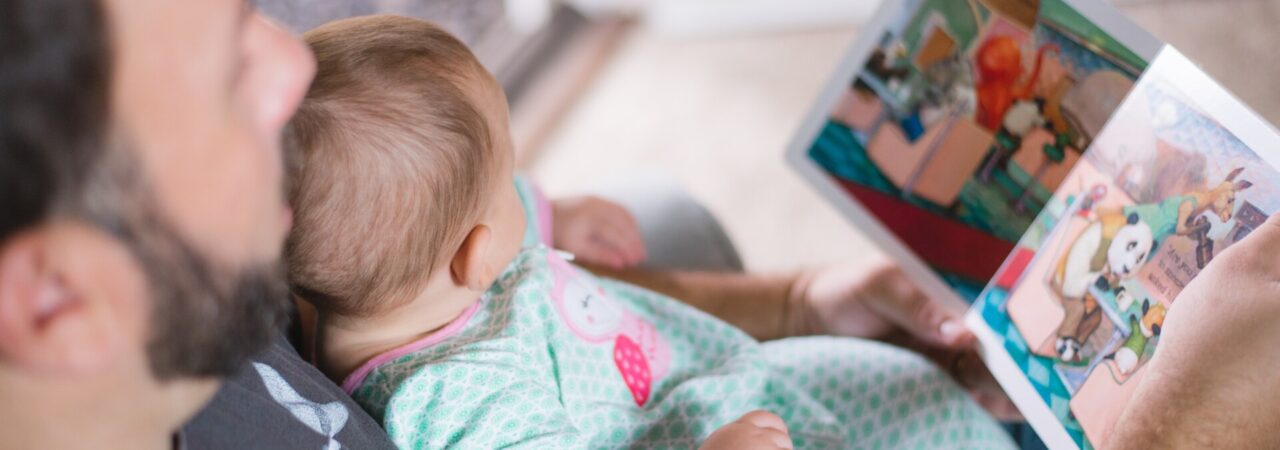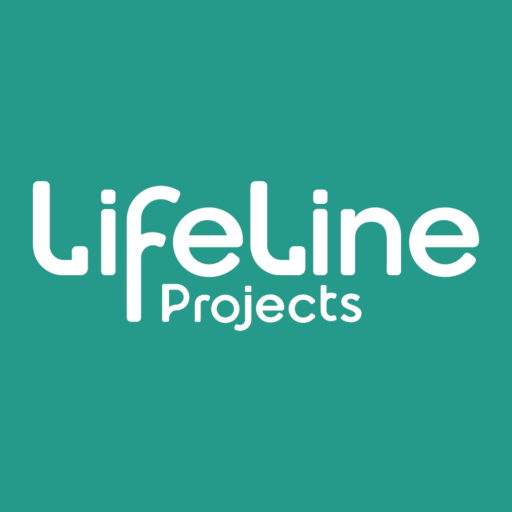The Early Help Collective is an initiative funded by the London Borough of Barking and Dagenham to provide guidance and support to parents. LifeLine Projects is working alongside six other organisations in the Collective to answer parents’ questions, signpost them to helpful services, bring them together to support each other, and support their mental health.
Marisa was referred to us a few months ago, presenting multiple issues. She was receiving support from a PPIMHS practitioner, but said she frequently felt low and rarely left the house, isolating herself in the bedroom. Her partner reports she cries a lot and often shouts at her children when they misbehave.
She looks after her seven children in a two-bedroom house, which she says has lots of mould. She also said that the mould has made her children ill, which has been reported repeatedly to both her GP and health visitors.
Her children frequently get in trouble at school for not doing homework, which they say is due to not having the space at home. She says she struggles to control their behaviour, and they frequently run around the house and fight with each other.
Following the referral, I went to meet Marisa at her home and compete a full assessment of her situation. English was not her first language, so there was some difficulty at first. However, her partner was on-hand and could help us communicate as well as provide emotional support. Once fully appraised of her situation, I went away and developed an action plan for her.
We made arrangements for her to take part in local English classes. She was very happy to join in and found the classes extremely helpful. As part of the on-going support, we decided to meet up weekly—her improving English allowed us to build a rapport and engage in conversation without having to rely on her partner. I also assisted her in purchasing a baby carrier, which meant she could go out—particularly to attend the English classes—with both her youngest children in tow.
Meanwhile, with Marisa’s permission, I got in touch with the housing officer assigned to her case, hoping to learn more about the housing situation and how the council could help. Unfortunately, I’ve not yet been able to meet with him due to his heavy workload. I’ve kept Marisa appraised of the developments, and we hope to meet with the officer soon.
After exploring some further options, I met with Marisa’s sister. She agreed to support Marisa, offering time out of her own day to check in on Marisa and help out where she can.
While my work with Marisa is still ongoing, it’s clear that she has already become more relaxed and more positive compared to when we first met—her mood is definitely brighter now. She continues to attend English classes and enjoys conversing with me.
Moving forward, I’ll be continuing to engage with the council and her housing officer to find a solution to her housing issue. We’ll also be looking at ways for her to better deal with her children’s challenging behaviour at home and how she can improve her mental health and outlook further.


Theo, Youth Development Worker
Lorem ipsum dolor sit amet, consectetur adipiscing elit. Ut elit tellus, luctus nec ullamcorper mattis, pulvinar dapibus leo.
Helping Marisa was quite challenging at first due to the language barrier, but she’s speaking English quite well thanks to the classes. I’m happy to report we managed to resolve her housing situation now and that she’ll be moving into a new home shortly.
Without the Early Help Collective, Marisa could have remained isolated from the community and stuck in a house not fit for purpose. It goes to show just how vital having proper wrap-around support really is.


Stephen Callendar
Senior Family Support Worker



